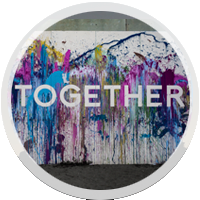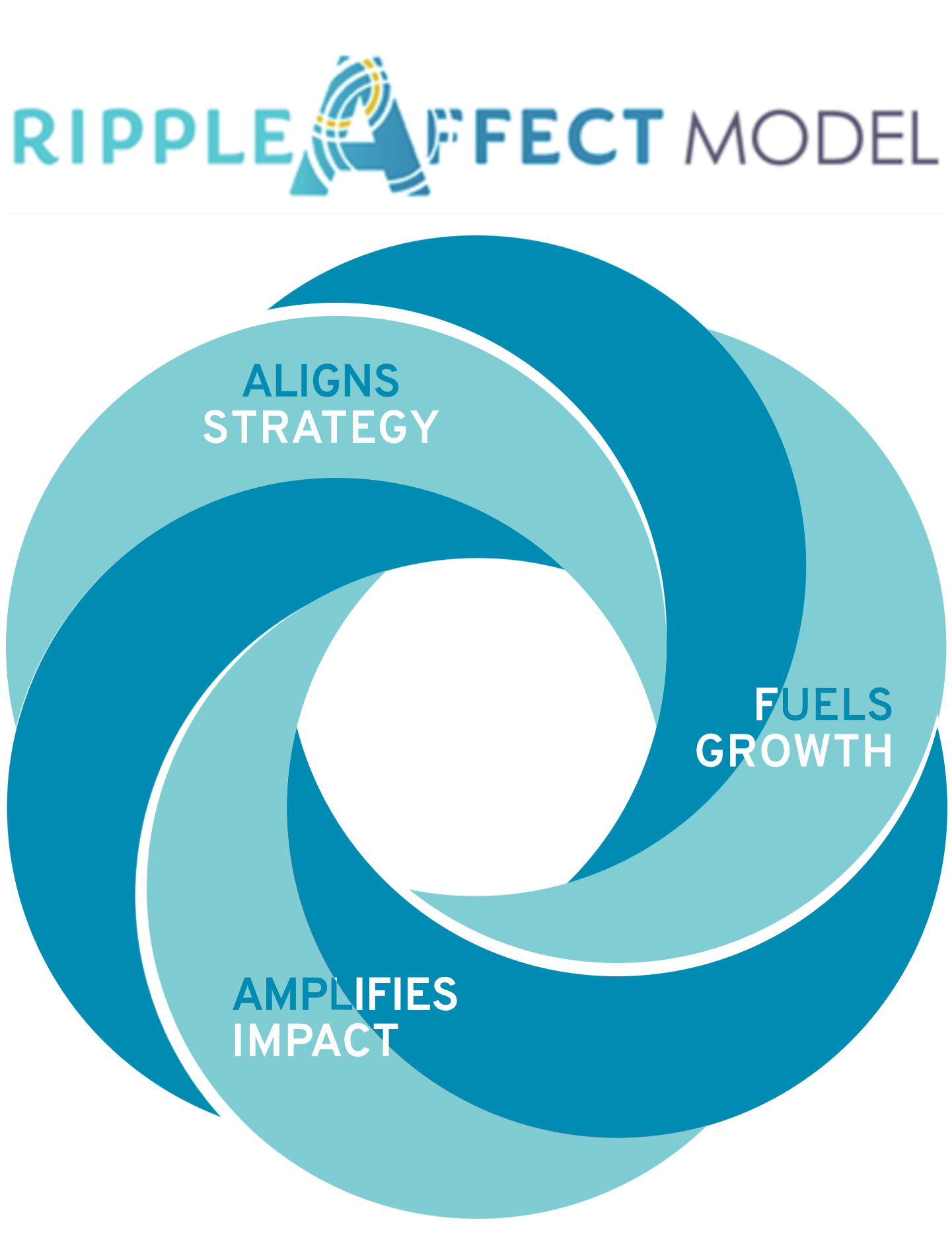Why do we use “Soft Skills” for the Most Difficult Abilities to Master?

To answer this question, let’s look at hard and soft skills. Hard skills have traditionally been knowledge-based, technical skills, like accounting and economics, environmental analysis and programming. These skills can be taught in more of a one-size fits all, replicable way. Soft skills like active listening, empathy, humility, mindfulness, self-regulation and communication, lend themselves to practice and are cultivated over time.
If you ever wondered what kind of job a certain college major could get with that degree, the degree was likely in a soft skills area. Soft skills are grounded in social intelligence whereas hard skills are rooted in STEM fields and cognitive intelligence.
Why does this matter?
In its Future of Jobs and Job Training report (2017), the Pew Research Center found that computers are taking over jobs that we once thought only humans could do. I’m not talking low-skill or repetitive roles, rather lawyers, insurance claims adjusters, financial and sports reporters, hiring managers, retail salespeople and border patrol agents. We were certain computers couldn’t handle tasks needing physical dexterity, yet today we have iRobots that clean our houses, windows and solar panels.
According to the McKinsey Global Institute, from 2001 to 2009 when many transactional and some hard skill jobs decreased, those that required human interaction like health workers increased by 4.8 million. These “interaction jobs” have become “the fastest growing category of employment in advanced economies.”
In the book Humans are Underrated, Geoff Colvin points out that not only is the nature of work changing, but the skills the economy values are changing too. And just like in the industrial revolution and the knowledge worker revolution, those who don’t recognize the shift or refuse to accept it and retool, get left behind.
In the past we humans have asked, “What can’t computers or AI do?” Instead, Colvin poses, “What can humans do inherently better than computers?” Yet his question that most shifted my thinking was, “What won’t humans accept from computers?” It might be a computer that diagnoses your cancer, but wouldn’t you prefer a human doctor to deliver the news, let you know that you’re not alone and that s/he is working with you to beat this?
Ironically, at a time when the need for Colvin’s “relationship workers” is rising, those who possess social skills like empathy and can quickly synthesize the emotional needs of a team, the pool of people with those skills is decreasing. Our personal and business decisions to work virtually and spend more time alone on our devices reduces the in-person and face-to-face time needed to hone those high-demand relationship skills. (The irony of this isn’t lost on me, a solopreneur who works from home.)
The first use I found of the term soft skills was in the 1920s by Edward Throndike. It later came to prominence in the 1950s and 1960s when the Peter Drucker’s and Edward Deming’s of the world strove to improve business, productivity and quality.
This timing is interesting to me. The U.S. attained the world’s highest living standard of any major economy by 1900 and maintained it throughout the 20th century thanks to rapid technological advances fueled by the most educated society in the world. The STEM-based skills behind technical advances were traditionally male-dominated, and still are. So it’s no surprise that the men who ran industry and academia at a time where that world view also saw women as the weaker sex and relationship skills as feminine, described social or emotional intelligence as soft skills.
This historical context for soft skills is important because words matter. Language influences and frames how we see the world, as those with soft social skills as well as hard skills in understanding of brain science know all too well. Using the term soft skills sends a message to those who lack self-awareness, an understanding of neuroscience, or knowledge of business productivity trends to devalue social and emotional intelligence. Personally, I also wonder if we might be devaluing that which we’re not good at or for which we don’t want to do the difficult work it requires.
Though still important, cognitive skills are becoming less valuable while the skills that humans won’t accept from AI or technology are those that fall into the domain of social intelligence. As the value of the knowledge worker declines, perhaps Colvin’s prediction of the 21st century becoming the domain of the relationship worker is worthwhile.
“The new high-value skills are instead part of our deepest nature, the abilities that literally define us as humans: sensing the thoughts and feelings of others, working productively in groups, building relationships, solving problems together, expressing ourselves with greater power than logic can ever achieve. These are fundamentally different types of skills than those the economy has valued most highly in the past. And unlike some previous revolutions in what the economy values, this one holds the promise of making our work lives not only rewarding financially, but also richer and more satisfying emotionally.”
Do you have the skills to be affective and thrive in a relationship-worker revolution?





